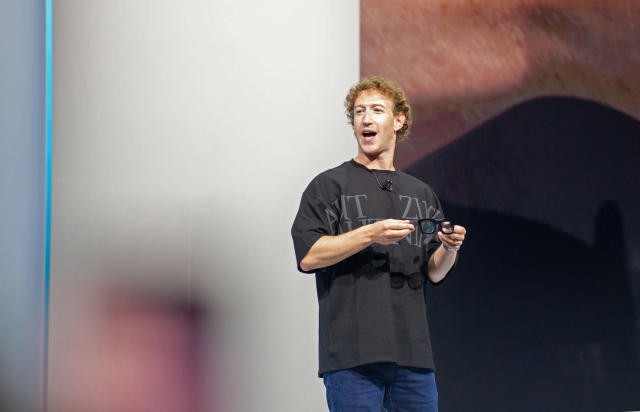
Meta CEO Mark Zuckerberg personally approved using unauthorized copies of copyrighted books to train the company's Llama artificial intelligence model, according to new allegations in a federal lawsuit.
The claims emerged Wednesday in a California court filing by authors Ta-Nehisi Coates, Sarah Silverman and others suing Meta for copyright infringement. Internal company communications cited in the filing indicate Zuckerberg backed using LibGen, a controversial online archive containing millions of pirated books, despite warnings from Meta's AI team about its illegal nature.
According to the court documents, after "escalation to MZ" (Mark Zuckerberg's initials), Meta's AI division received approval to utilize the LibGen dataset. The filing also reveals Meta engineers discussed accessing LibGen data but expressed hesitation about downloading pirated materials using company laptops.
The lawsuit alleges Meta deliberately removed copyright information from scientific articles to conceal their unauthorized use. Internal messages suggest executives worried that public knowledge of LibGen usage could harm negotiations with regulators.
LibGen, which originated in Russia, faced legal action last year when a New York court ordered its operators to pay $30 million in damages to publishers for copyright violations.
While U.S. District Judge Vince Chhabria previously dismissed some claims in the case, he allowed the authors to file an amended complaint. At a Thursday hearing, the judge expressed skepticism about certain allegations but permitted the writers to proceed with updating their legal claims.
The case highlights growing tensions between AI companies' need for training data and creators' intellectual property rights. Similar lawsuits targeting AI firms' use of copyrighted content without permission have emerged as the technology rapidly advances.
Meta has not yet responded to requests for comment on the new allegations.